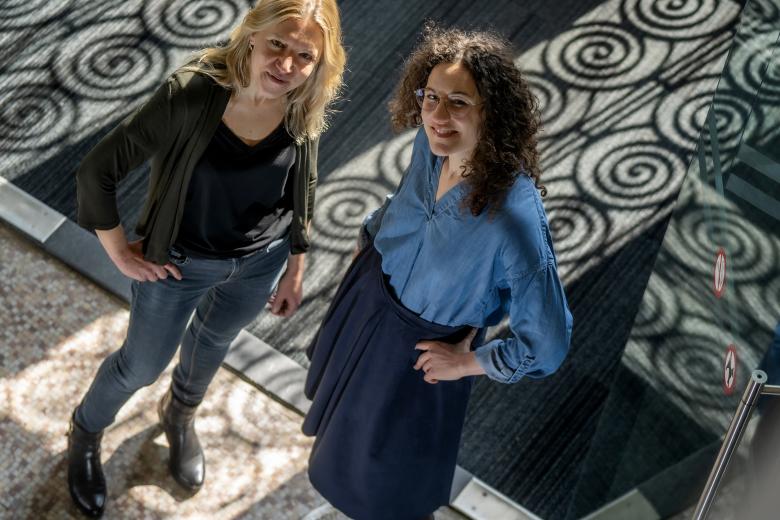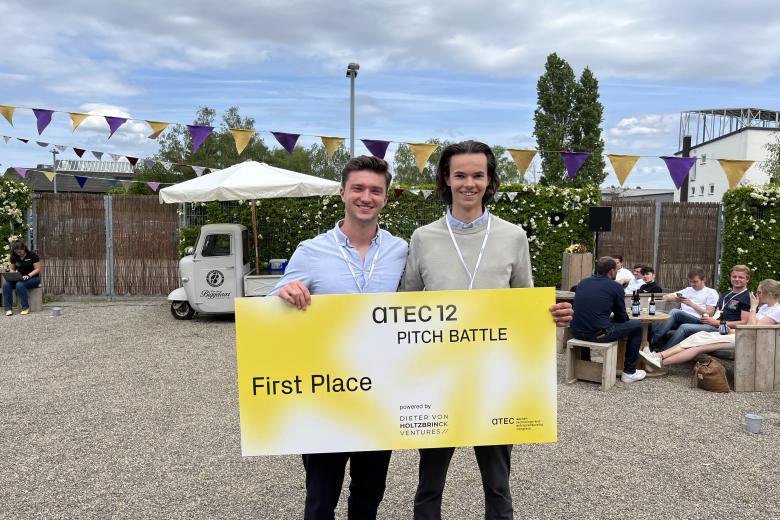
News
-

-
What does it take to write a play? UM students found out
End of April, renowned Dutch theatre company Toneelgroep Maastricht offered UM students the opportunity to take part in a playwriting workshop, a Meet & Greet with actors and a visit to A Seagull, an adaptation of the famous play by Anton Chekhov.
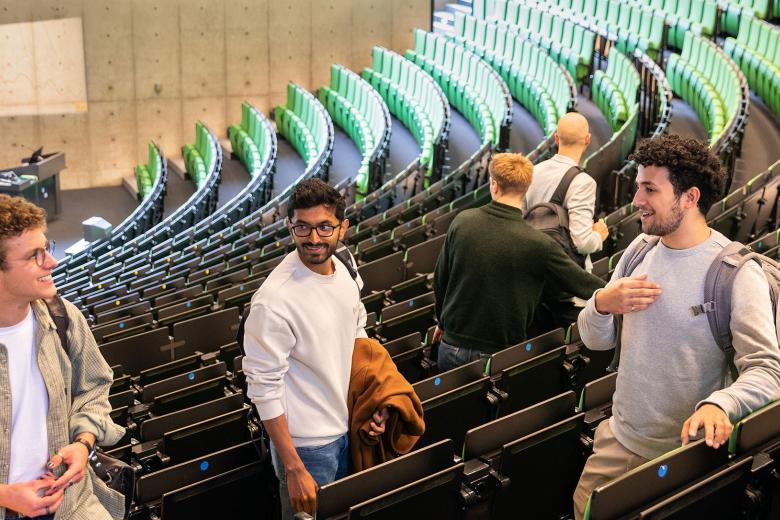
-
OAinject: Fighting osteoarthritis
CAPHRI is part of the OAinject consortium, funded by the Perspectief program of the Dutch Research Council (NWO),

-
Believers or box-tickers? How CEOs of Dutch companies talk about sustainability
CEOs of large companies work hard to make their business profitable. Yet they also face ever-increasing societal and regulatory demands to make the company more environmentally and socially sustainable.
Tereza Bauer interviewed fourteen CEOs of Dutch listed companies about their sustainability...

-

-
MSI: frontrunner in sustainability
Are we really making progress towards the sustainable transition? One thing is clear: if we’re not, it’s not the fault of sustainability science.

-
Until the bitter end (of the cucumber)
Why is getting used to eating vegetables in early childhood so important to public health? How can we get children to eat them despite their protestations? With a large-scale experiment and a proven intervention, Britt van Belkom nibbles away at a tricky problem.
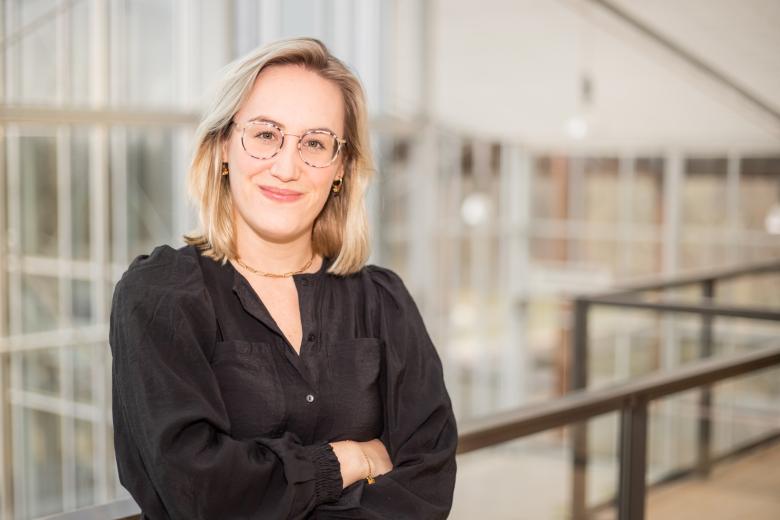
-
In the bio-economy, circularity goes further than just recycling
Plastics, made from plants? The bio-based economy makes it possible. It is the field of study of Yvonne van der Meer, professor of Sustainability of Chemicals and Materials.
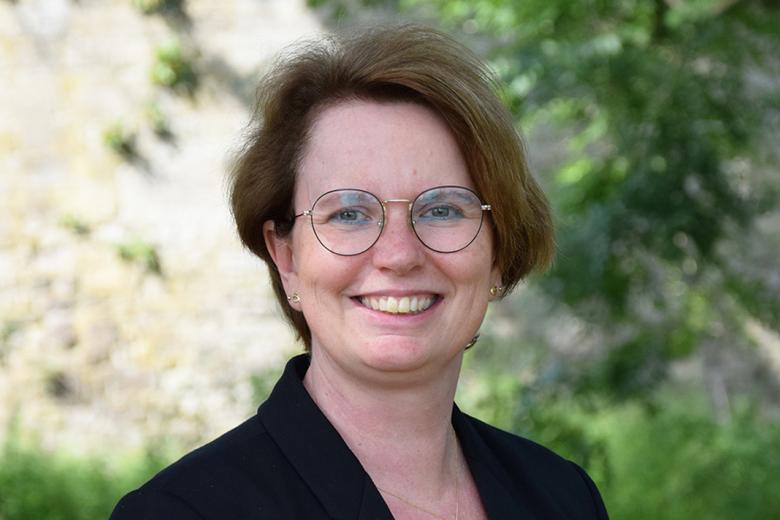
-
Education Minister Robbert Dijkgraaf visits Maastricht
"In order to get a good idea, you will have to hear a lot of good ideas." The words of Netherlands Education Minister Robbert Dijkgraaf speaking at the end of his working visit to Maastricht on 23 May. Professor Dijkgraaf visited Vista College, Zuyd University of Applied Sciences and Maastricht...
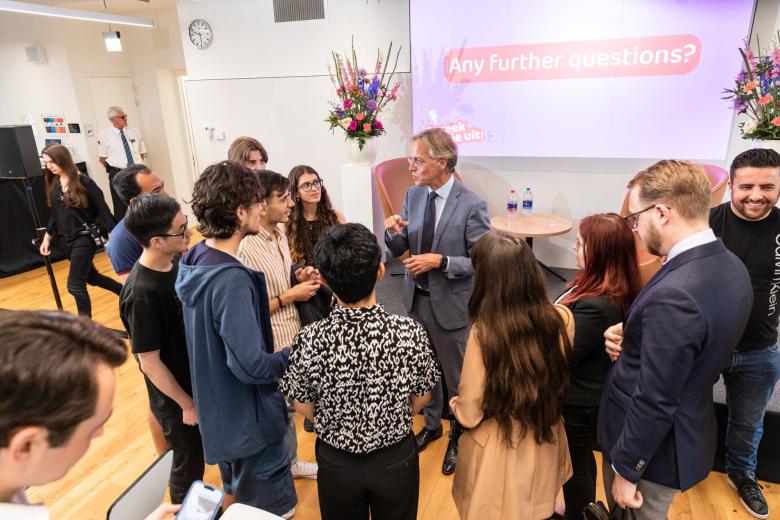
-
On dyslexia, prejudice and friendship
One misconception that Milene Bonte and Giada Guerra want to dispel at the very start of this interview is the idea that people with dyslexia are less intelligent than others. The learning disorder is nonetheless a serious problem, affecting an estimated 5 to 10 percent of primary school children.
